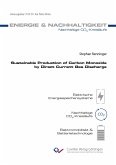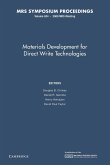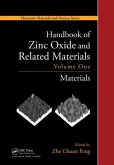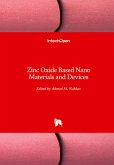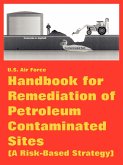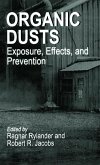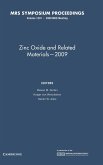Basic oxygen steelmaking (BOS) dust and blast furnace (BF) dust from former and currently operating steelmaking facilities in the United Kingdom have been characterized by MP-AES, SEM-EDX, particle size analysis, TGA-DSC, combustion analysis, and powder XRD. As part of a circular economy these materials are a potentially valuable raw material source for ironmaking, but their contamination with zinc precludes their recycling via the conventional sinter plant/BF route. X-ray diffraction suggested some of the zinc present in the material is in the form of sub-stoichiometric zinc ferrites, making hydrometallurgical separation less effective. BF dust contains 40 wt.% levels of fixed carbon indicating it could be useful as an alternative reductant in rotary hearth furnace processes such as FASTMET. The rotary hearth furnace appears to be the most suited separation technique available due to its lack of sensitivity to zinc present in zinc ferrite compounds, and reintegration of the recovered iron into the steelmaking process. Benchmarking of material from Port Talbot material processed in laboratory furnace trials under conditions mimicking the RHF showed that while volatile metal removal and iron reduction performance is adequate for recycling at realistic RHF temperatures and hold times, the high sulfur and gangue content mean the produced DRI would not be valuable enough to offset production costs.
Hinweis: Dieser Artikel kann nur an eine deutsche Lieferadresse ausgeliefert werden.
Hinweis: Dieser Artikel kann nur an eine deutsche Lieferadresse ausgeliefert werden.


